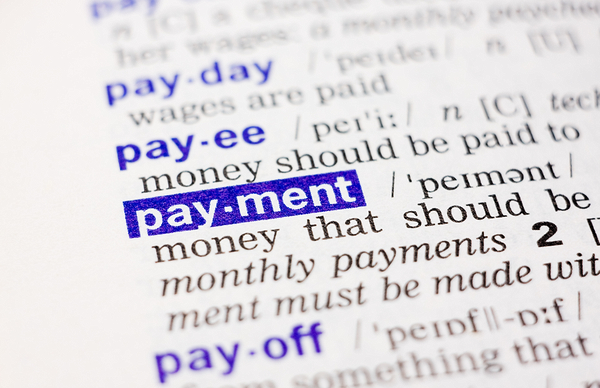Reasons your Client Hasn’t Paid You Yet

If you are new to collections, it may come as a surprise that turning an account over to a collection agency does not mean that the issue will be immediately resolved. Below are some of the more common reasons that collections can take a significant amount of time.
A Lack of Documentation
One of the major issues that holds up the collection process is a lack of documentation regarding the debt. This issue often is created long before any money, goods, or services have changed hands and is rooted in the way the business relationship was formed in the first place. While dealing with contracts and terms and conditions may see pedantic and you may think that a verbal agreement will be sufficient, having adequate documentation in place is critical in the collections process. In fact, in some cases, an inability to verify a debt may result in a complete inability to collect at all.
Collections Often Involves Many Steps
If collecting on a debt was as simple as sending a letter, it is doubtful that debt collection would exist as an industry. Some of the steps involved in collecting a debt often include account assignment, skip tracing, credit analysis, credit reporting, initiating a lawsuit, and collecting on a judgment. These steps each can take a significant amount of time, but with proper documentation and the assistance of collections professionals, you can maximize your chances of getting the money you are owed.
Collections is a Regulated Industry
It can be extremely frustrating to be unable to collect on money you are owed, and many creditors want the collection agency they hire to attempt to collect the debt as aggressively as possible. There is a distinction between attempting to collect a debt and harassment, and collection agencies are subject to strict state and federal regulations with regard to their disclosures and collection attempt timeframes. For example, when an agency first contacts a debtor to attempt to collect a debt, it must inform the debtor about a 30-day dispute period, and if a dispute is lodged, it must validate the debt before making any further contact with the debtor. Regulations like these can slow down the collections process significantly, but they must be observed, as violating them can have significant legal and financial consequences.
Call CMCS Today for More Information
For more information about CMCS and how we can help you keep your business profitable, call us today at 800-223-6259.

